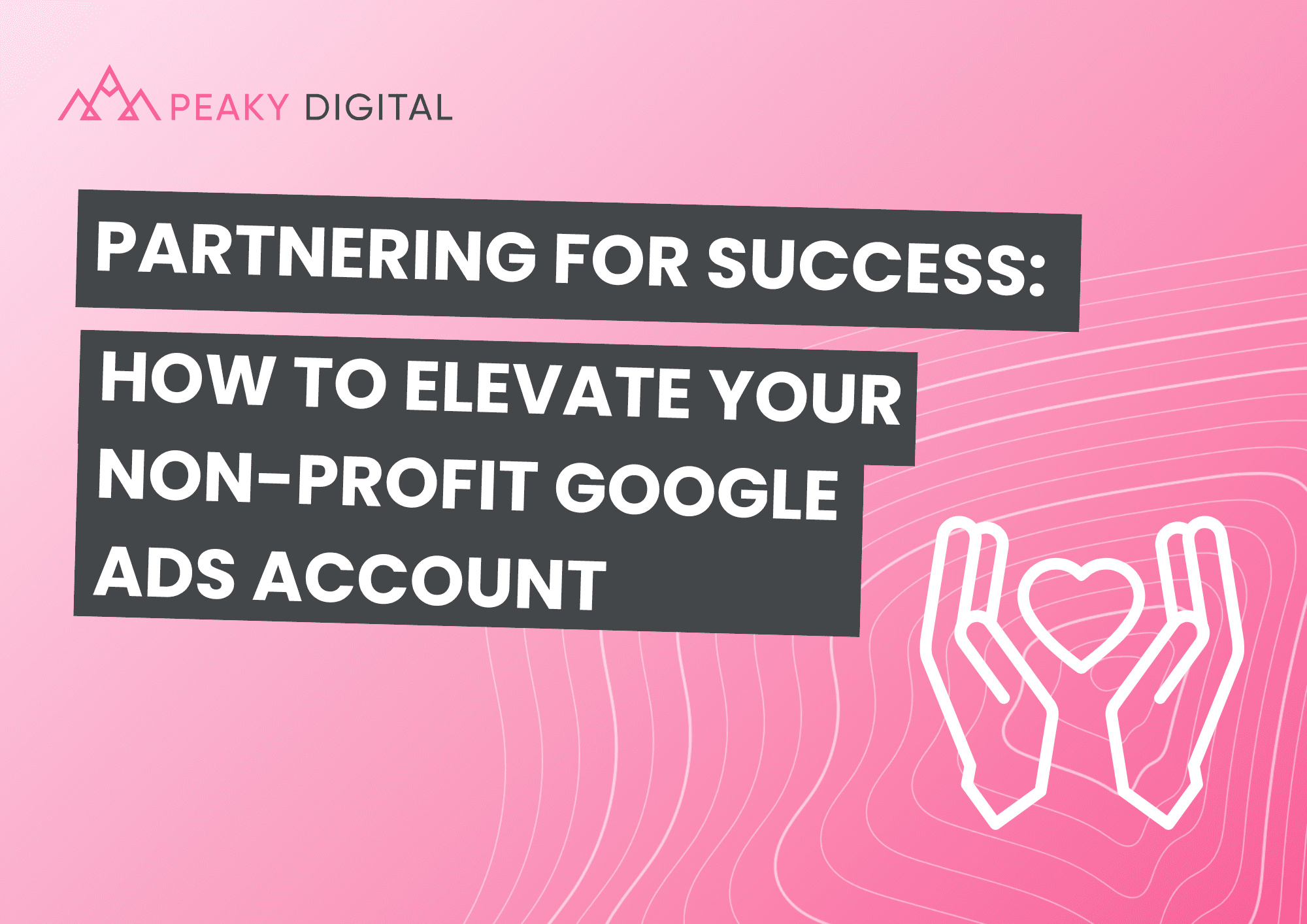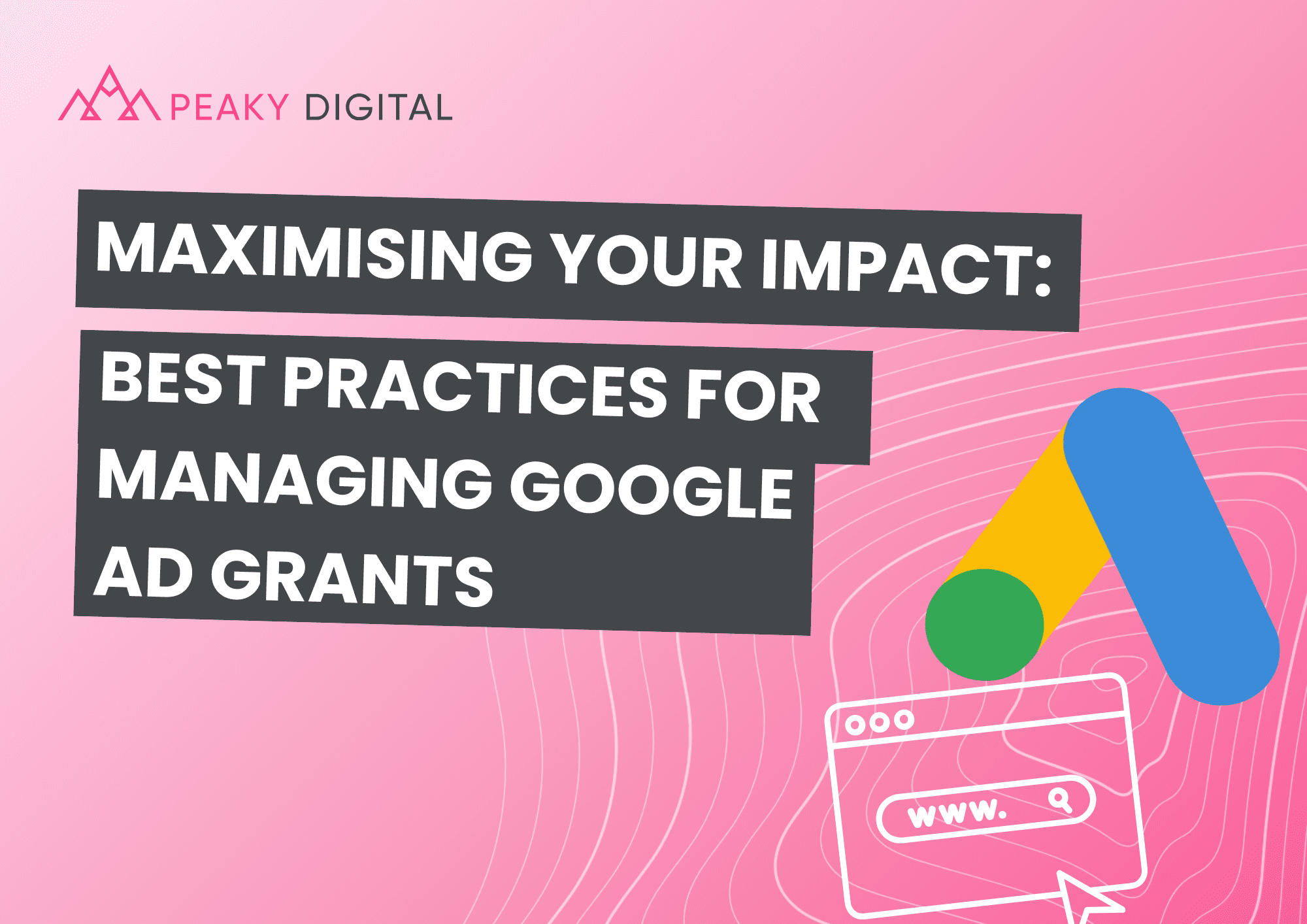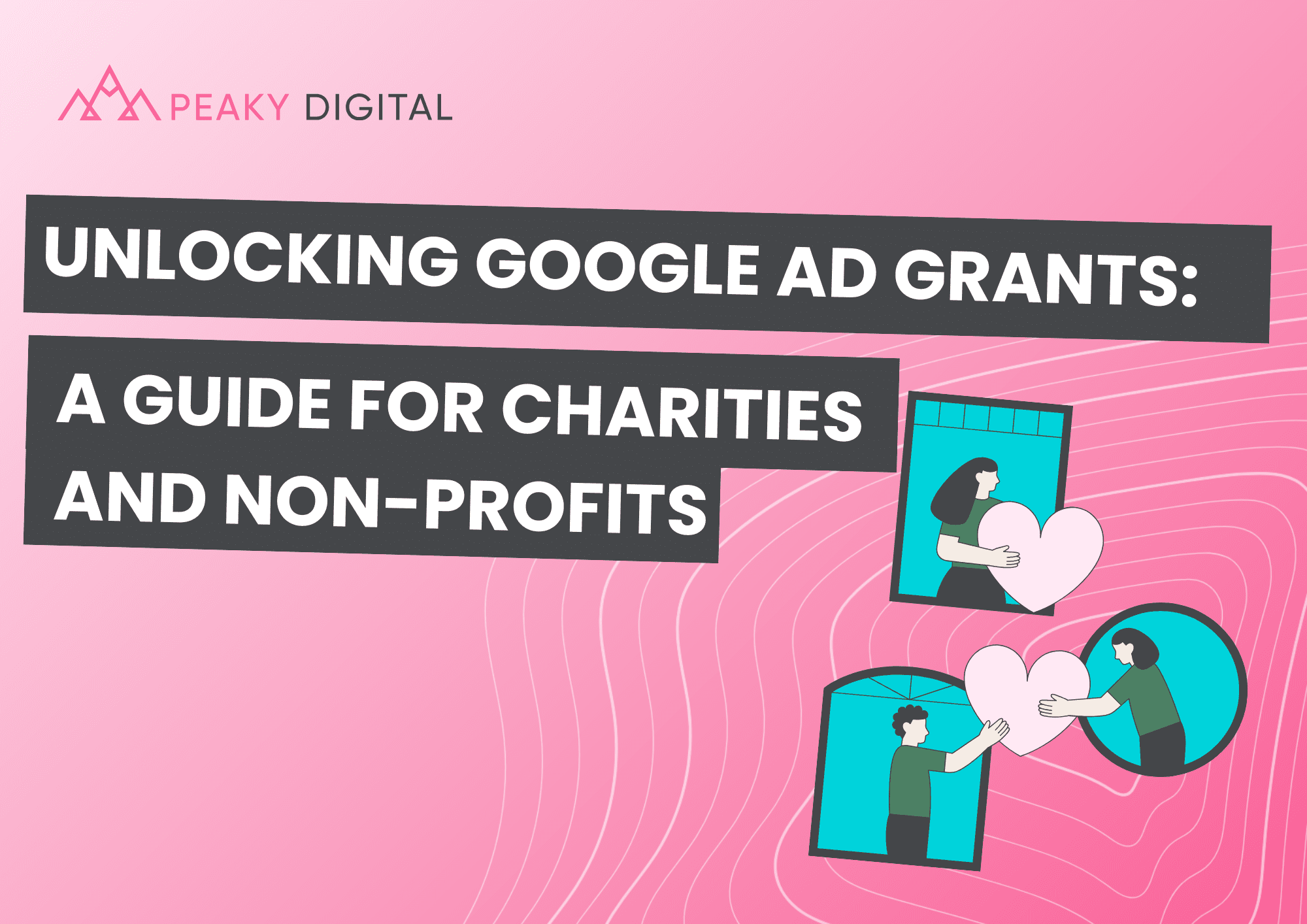
Partnering for Success: How to Elevate Your Non-Profit Google Ads Account
Apr 10, 2025
Managing a Google Ad Grant seems simple in theory but with Google’s strict Ads Grant policies,…
by Natalie Temple
Jan 25, 2024

Paid search marketing is a key channel to consider when thinking about your brand’s online presence, harnessing the power of search engines and their networks to reach billions of potential customers.
In this blog, we’ll delve into what paid search marketing is, touch on the mechanics of how it works, and explore the key benefits and challenges.
Paid search marketing is a form of digital advertising in which brands pay to show their ads on search engine results pages (SERPs) and other spaces within paid search networks (such as banners alongside original content on websites). The most popular paid search networks are Google Ads and Microsoft Ads.
One of the most widely used forms of paid search marketing is pay-per-click marketing, so named as advertisers are only charged when a user clicks on their ad. Pay-per-click ads encompass both search and display ads. Search ads appear when a user searches for a relevant query, while users can be served display ads whenever they’re browsing online.Search ads can be further categorised into text ads (which look similar to organic SERP results), and shopping ads (which feature images and details of eCommerce products).
So, how does paid search advertising work? While display ads are shown to pre-selected target audiences whenever they’re browsing, search ads are served in the process below:
Taking a closer look at the mechanics of paid search marketing, there are five key pillars:
Keywords – Before launching a campaign, advertisers conduct keyword research to find out what queries users are searching for when seeking relevant products or services. They’ll target these keywords with their ads – the more relevant their ads are to the keywords, the more likely the ads are to win the auction. Which brings us onto…
Auctions and Bids – You may be wondering how search engines choose which ads will be served (out of hundreds of thousands). This is determined by auction. When advertisers set up their ad campaigns, they’ll choose a bid strategy which determines how much they’re willing to spend on each keyword. In the auction, search engine algorithms determine the winner based on the highest ad rank.
Ad Rank – Ad rank is determined by a number of factors such as bid amount, ad quality, search context, asset quality and ad format, and auction competitiveness. This is why it’s so important to continually optimise your paid search ads for highest quality and relevance.
Ads – Ads are built out with a combination of copy and ‘assets’, such as sitelinks, images, contact details and promotions. Ensuring your ad is highly relevant to the user’s query, includes clear CTAs, and lands on a clear and concise landing page will all improve ad quality.
Budgets – While bids are set at the ad group or keyword level, daily budgets are set at a campaign level. While your daily ad spend may exceed your daily budget, this will balance out over the course of the month.
Now that you have an understanding of how paid search advertising works, let’s explore the benefits of this highly effective channel:
Immediate Results – Effective paid search campaigns can deliver immediate results in increasing traffic and conversions. What’s more, these results are easily measurable, with paid search platforms tracking a comprehensive range of metrics such as CTR, conversion rate, cost per result and search impression share.
Cost Effective – Granular control over your budgets and bid strategies allows you to keep a close eye on ad spend. In addition, pay per click advertising tends to generate a high return on investment.
Reach High-Intent Audiences – With search ads in particular, your ads are served to users when they’re actively searching for your product or service. The result? Increased chances of conversion.
Greater Visibility – Similar to SEO, the goal of paid search ads is to get your brand’s ads shown first on the SERP. However, pay-per-click ads will always appear before organic results, so when you invest in a paid search campaign, you’ll benefit from greater visibility from the get go.
Of course, paid search marketing doesn’t come without its challenges. Increasing competition on the platform means average CPCs are rising year on year, meaning annual budget increases are often needed to keep ahead of competitors.
Despite its challenges, paid search marketing can be a cost-effective way to deliver immediate results for your brand, whether your goals are building brand awareness, increasing traffic or driving conversions. Paid search can be used to complement your SEO strategy, and the most effective marketing strategy will take advantage of both channels.
Get in touch with Peaky Digital today to find out how our Paid Media team can help you drive results with paid search!
Brand awareness, business growth or a bigger and better ROI, our team of digital specialists are here to help you get the most from your brand. Let's start a new partnership today.

Apr 10, 2025
Managing a Google Ad Grant seems simple in theory but with Google’s strict Ads Grant policies,…

Apr 7, 2025
You’ve got the Google Ad grant for your organisation—but what’s next? Having free ad spend…

Apr 2, 2025
Imagine having up to $10,000 of free advertising every single month to shout about your cause. …